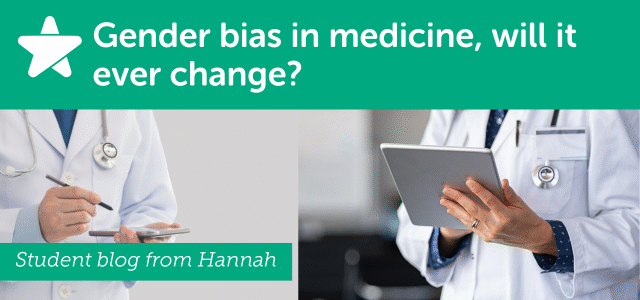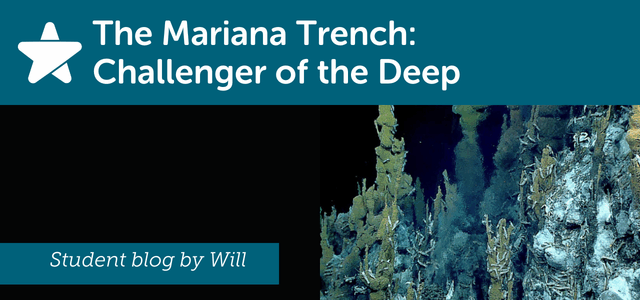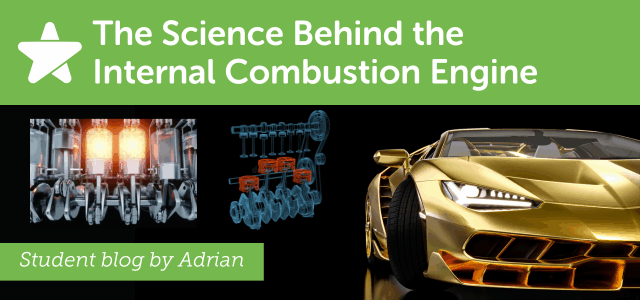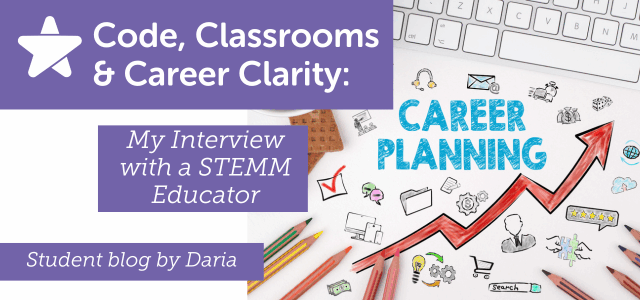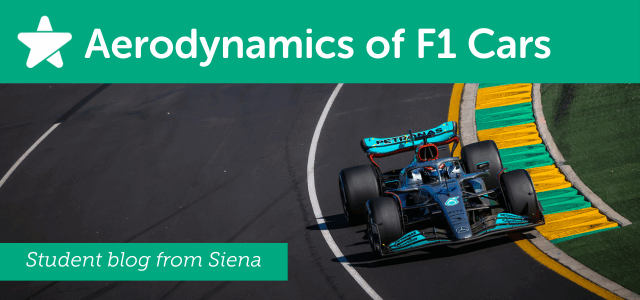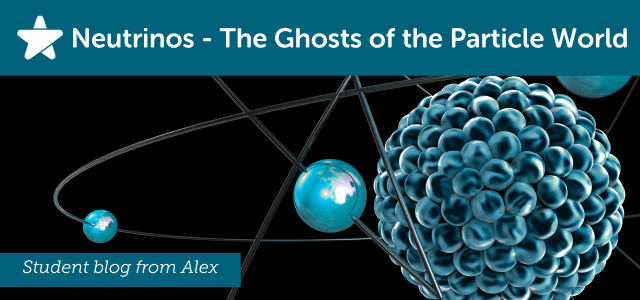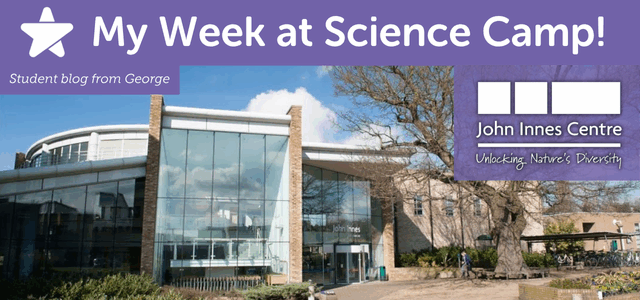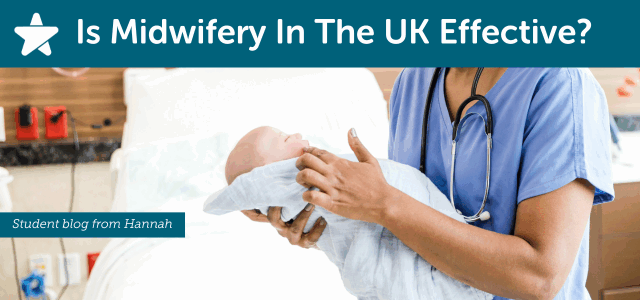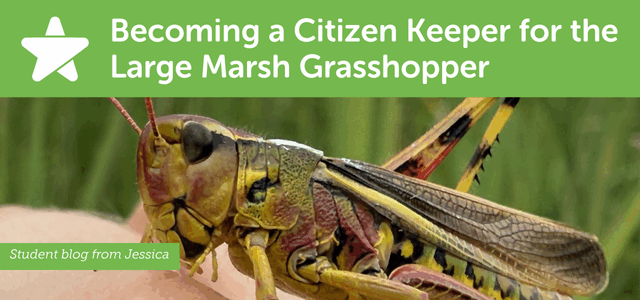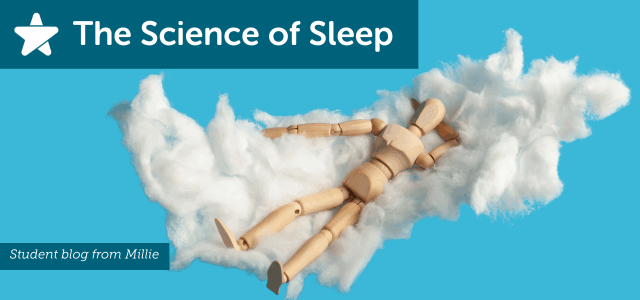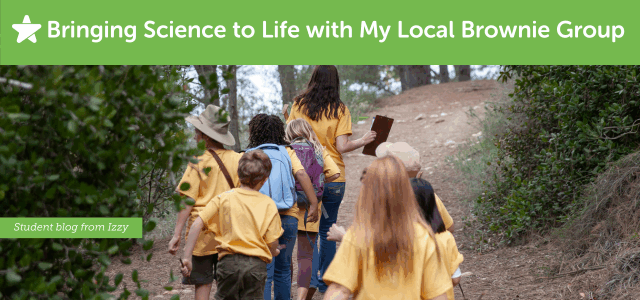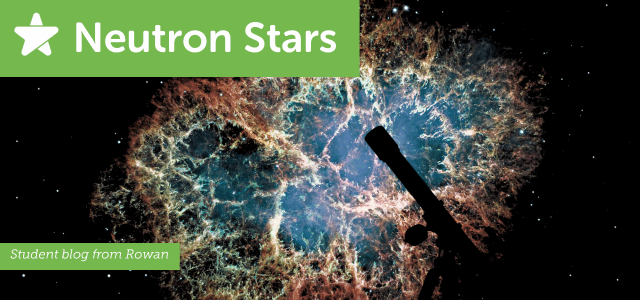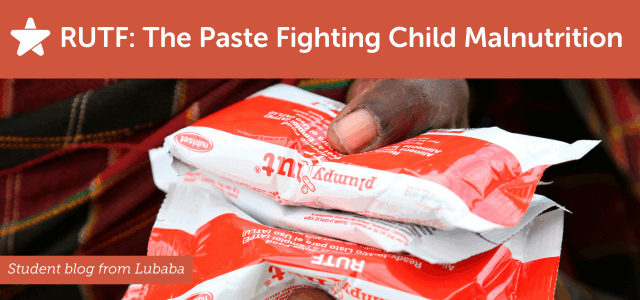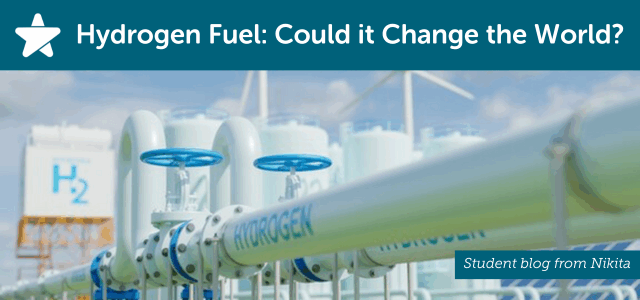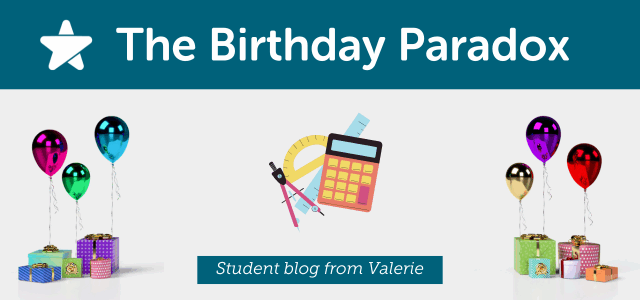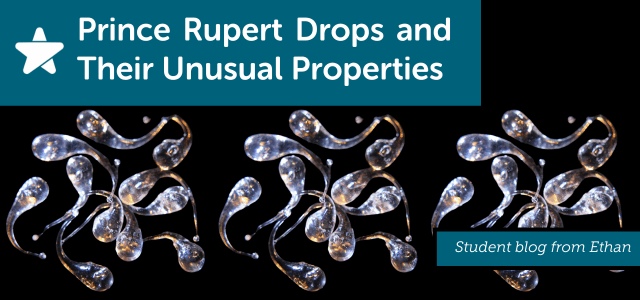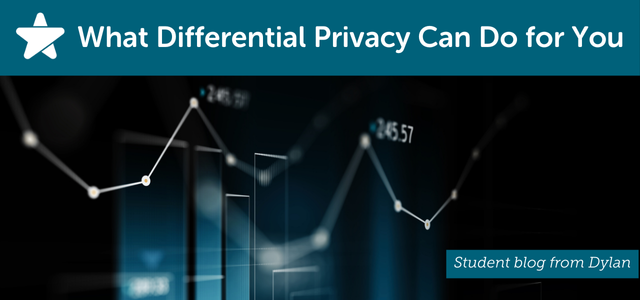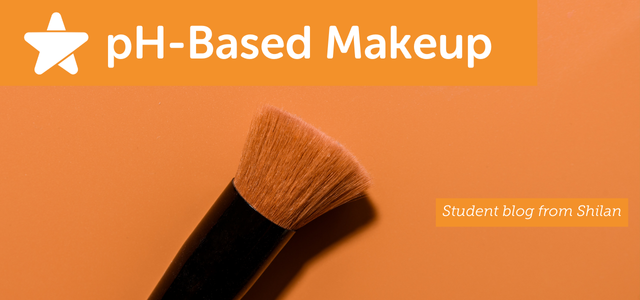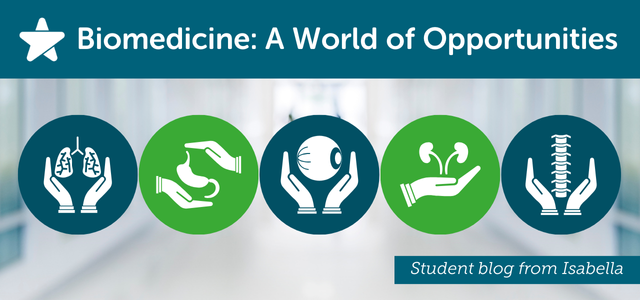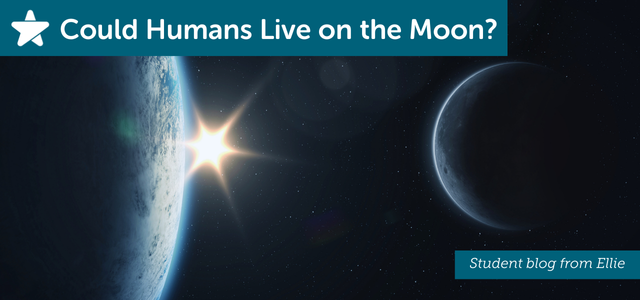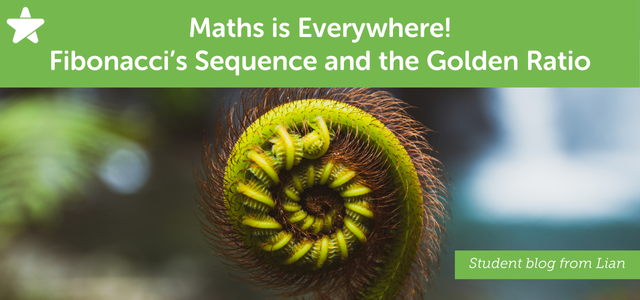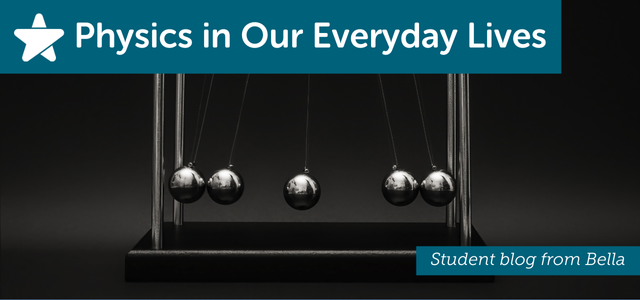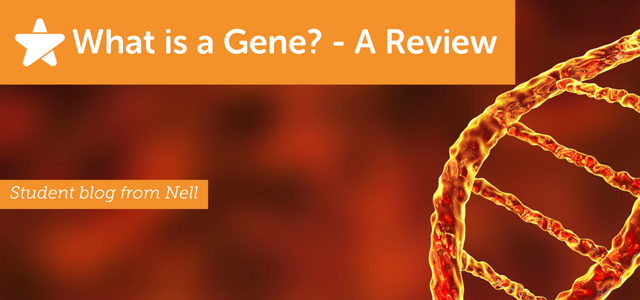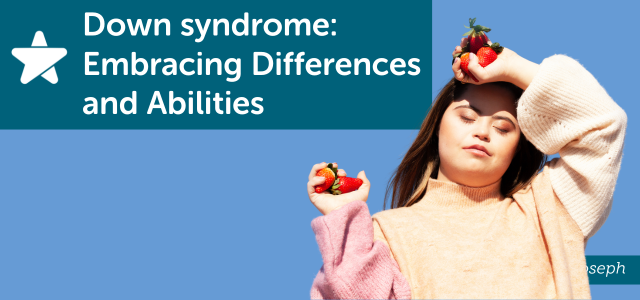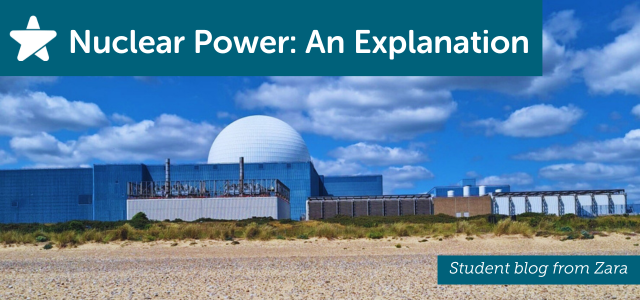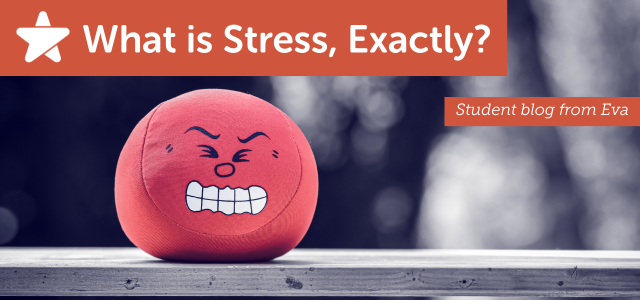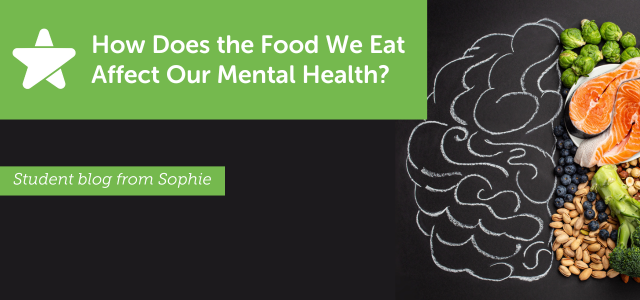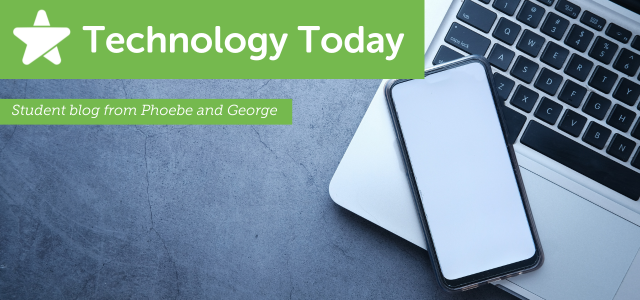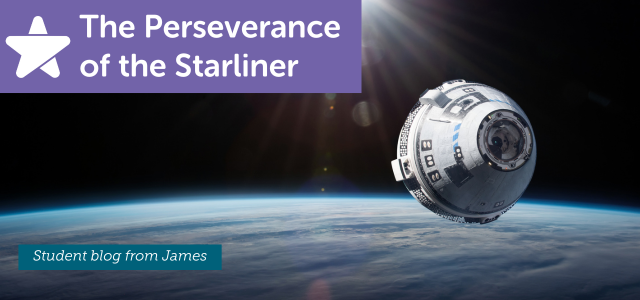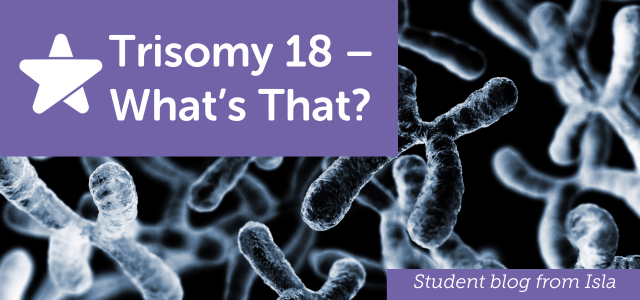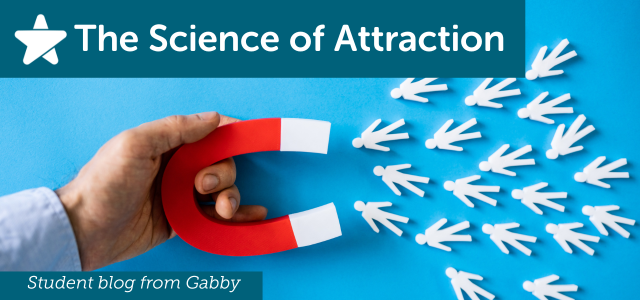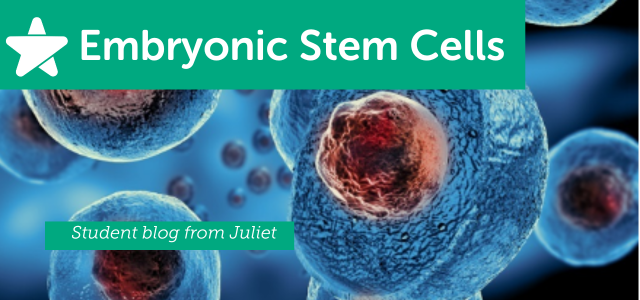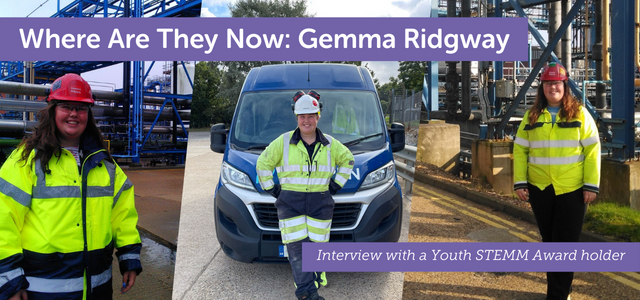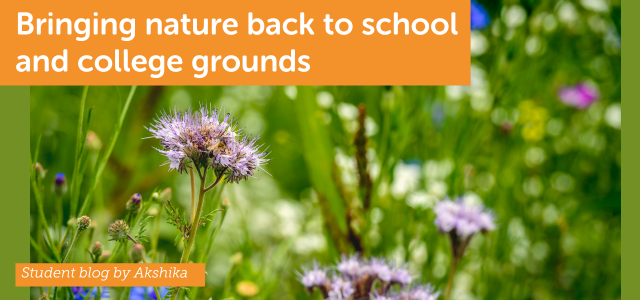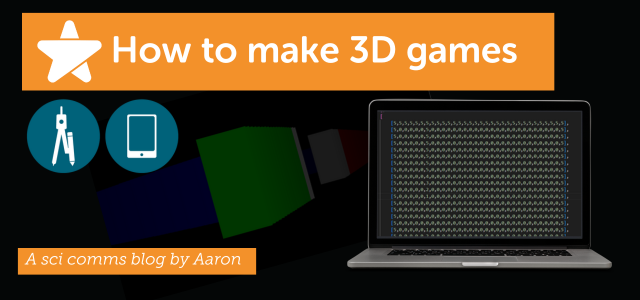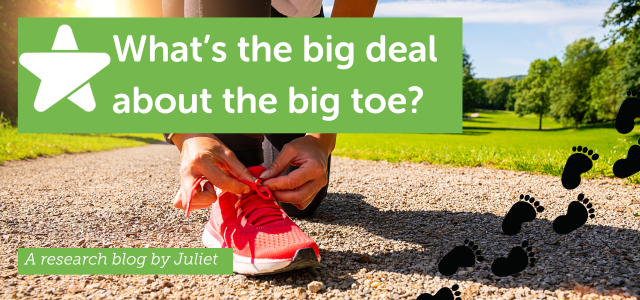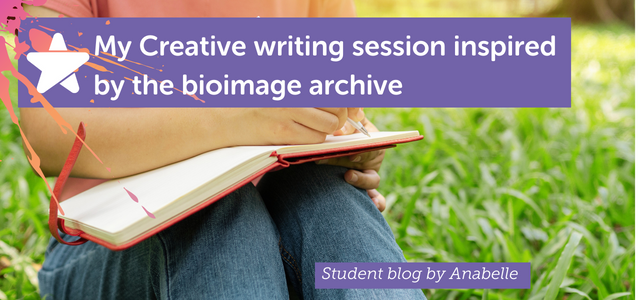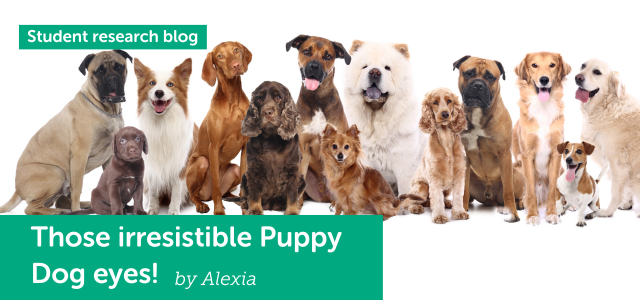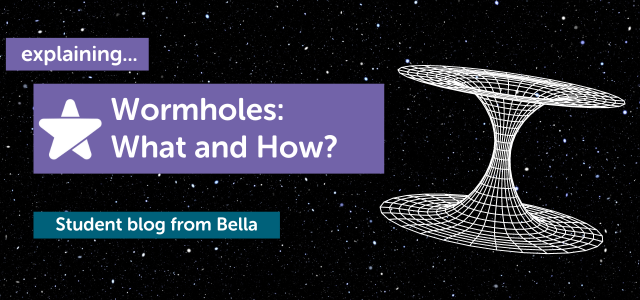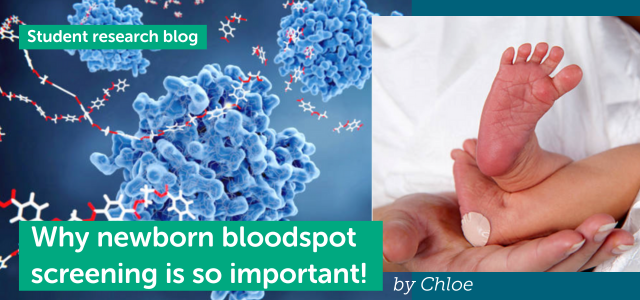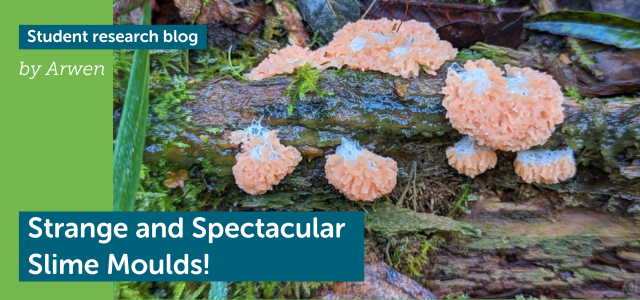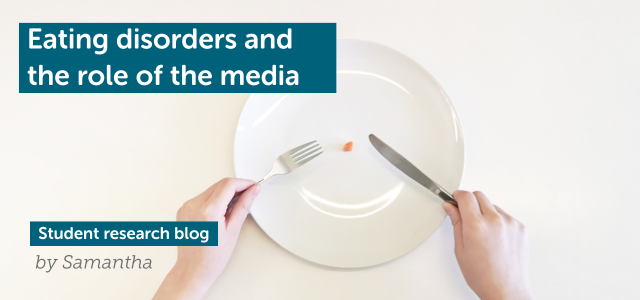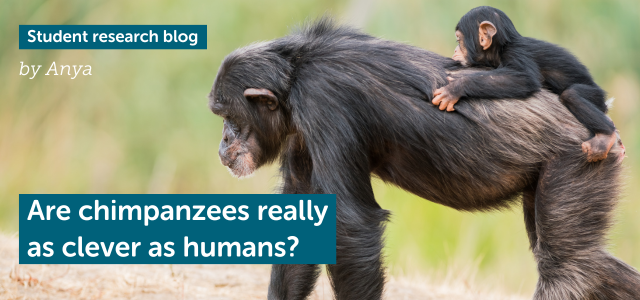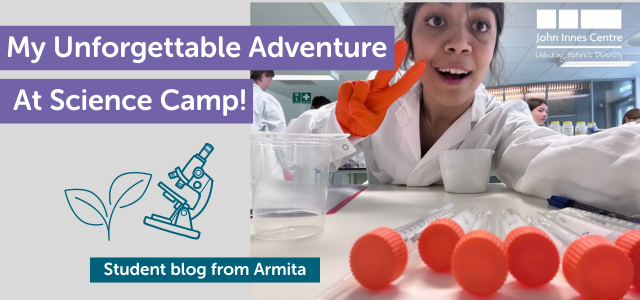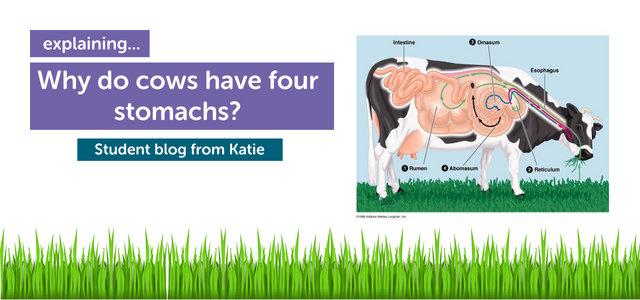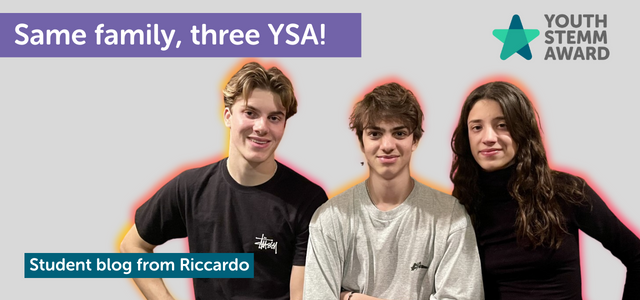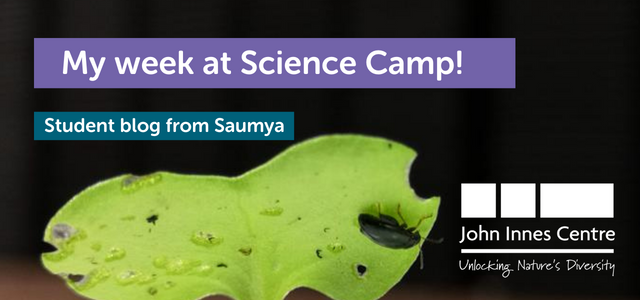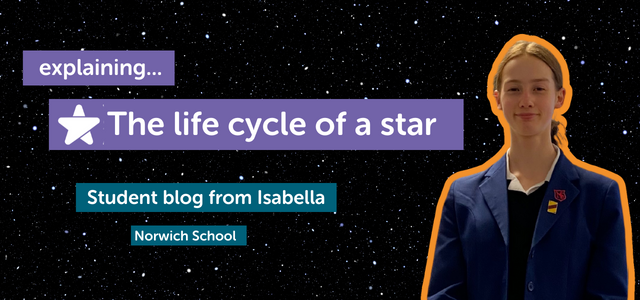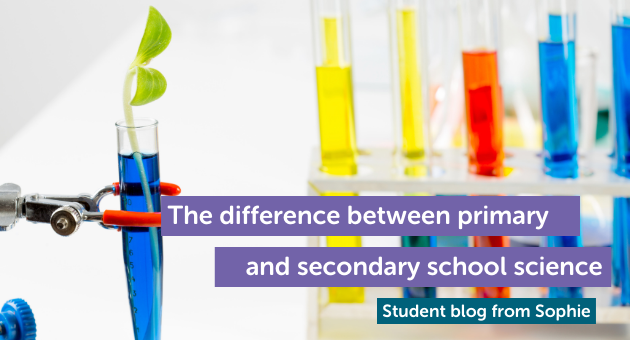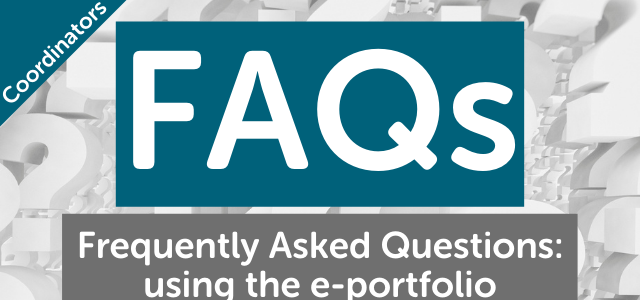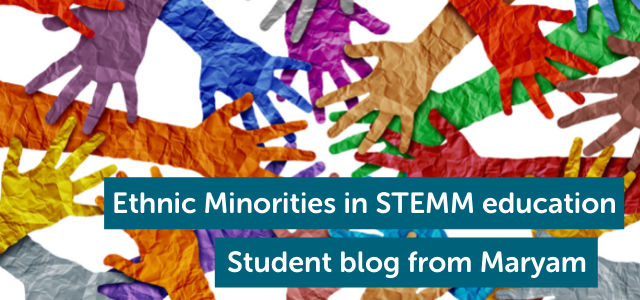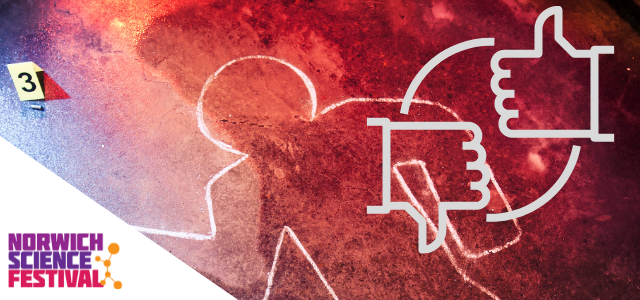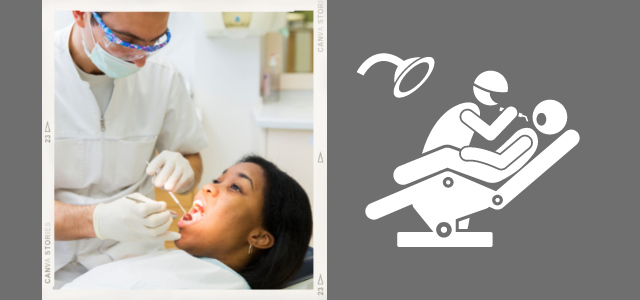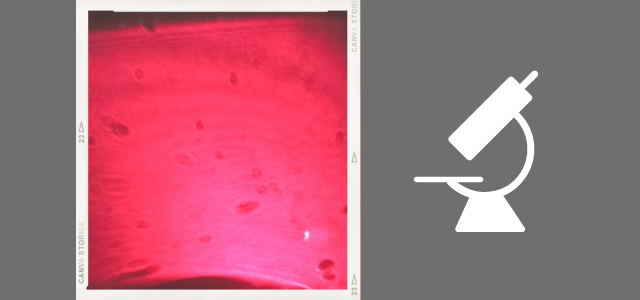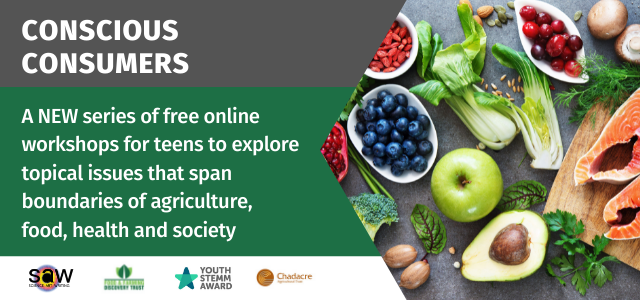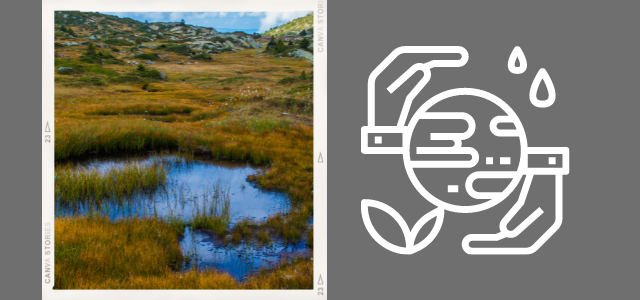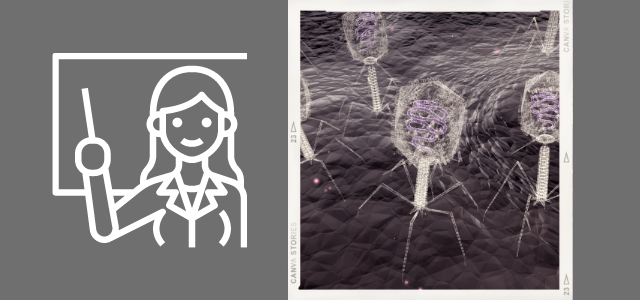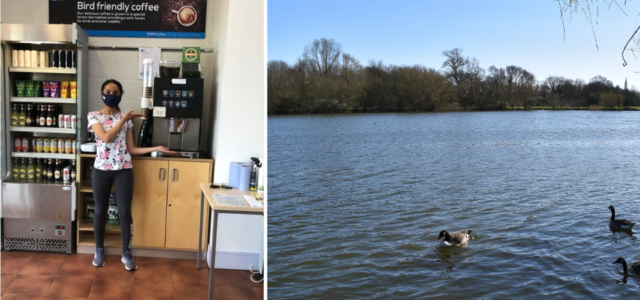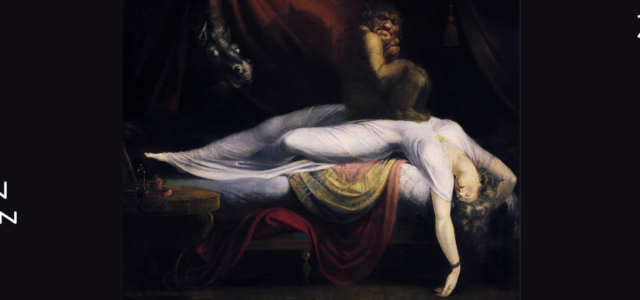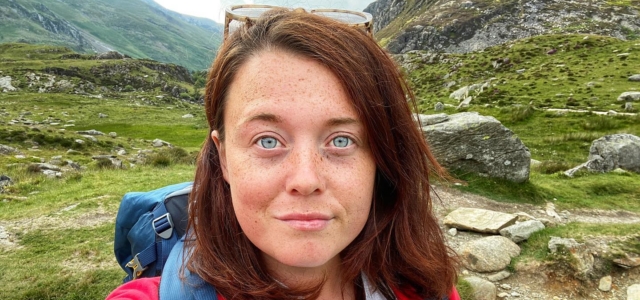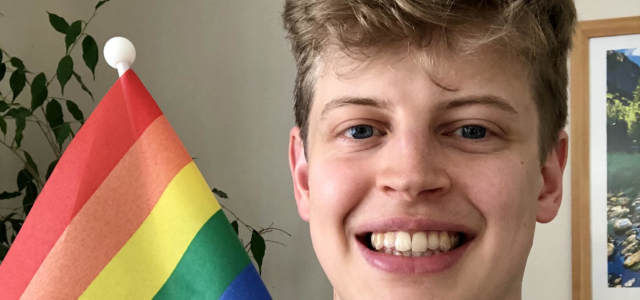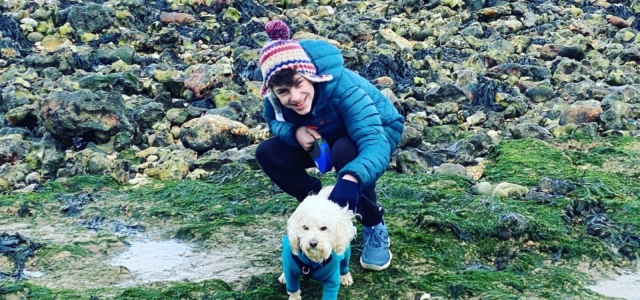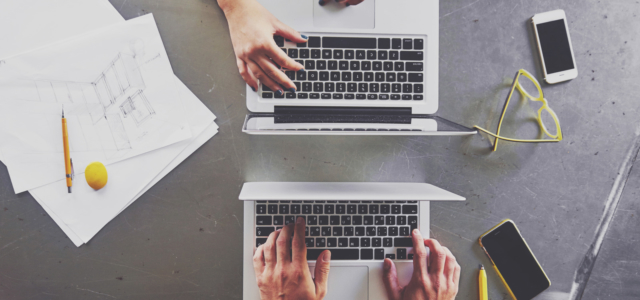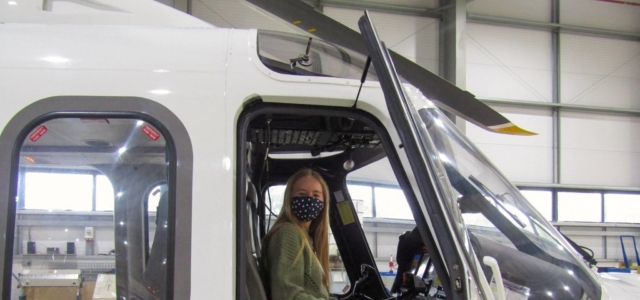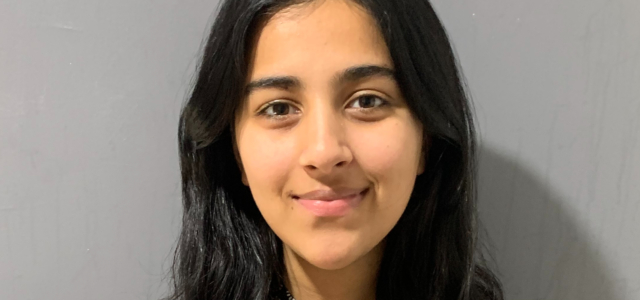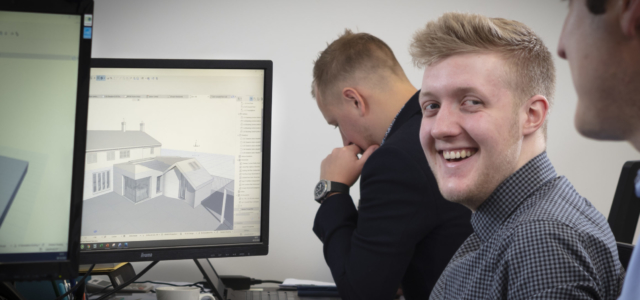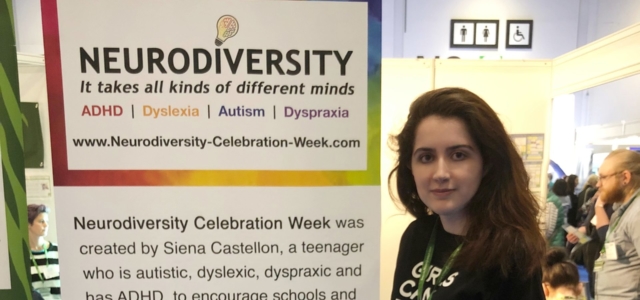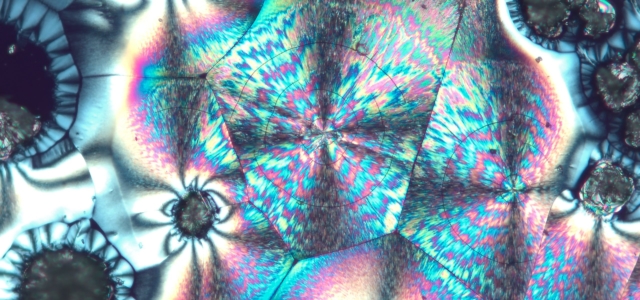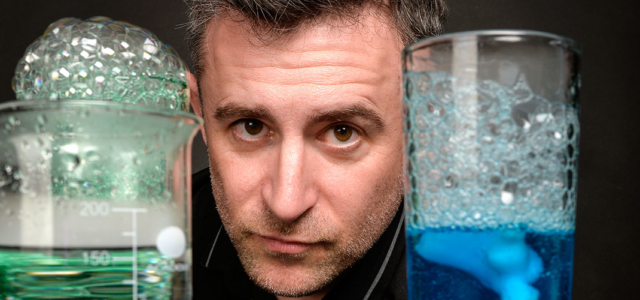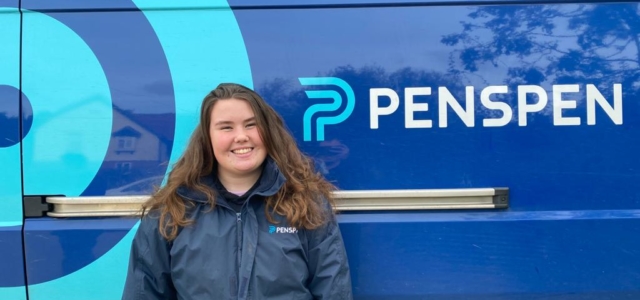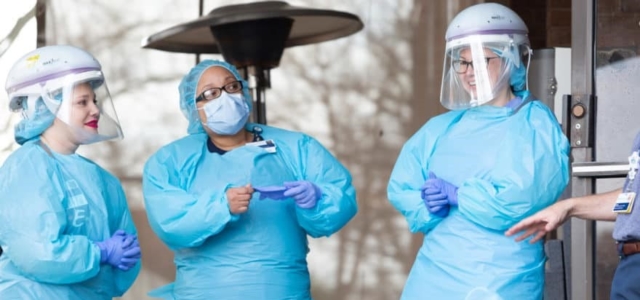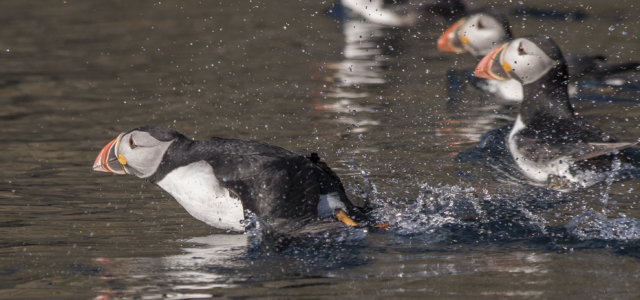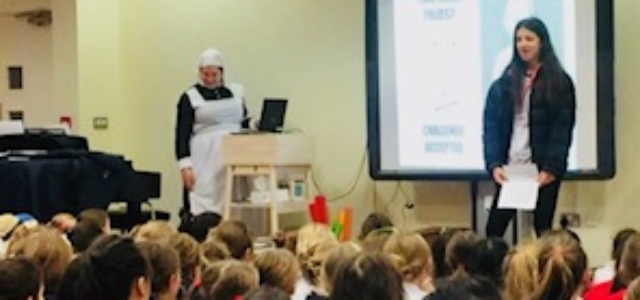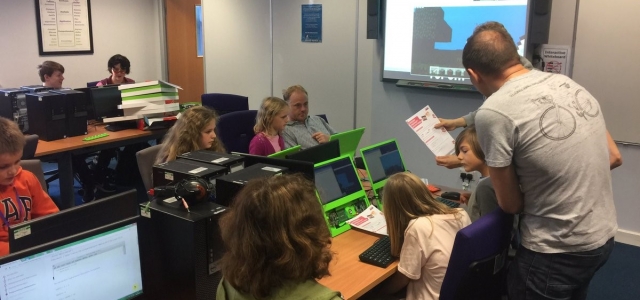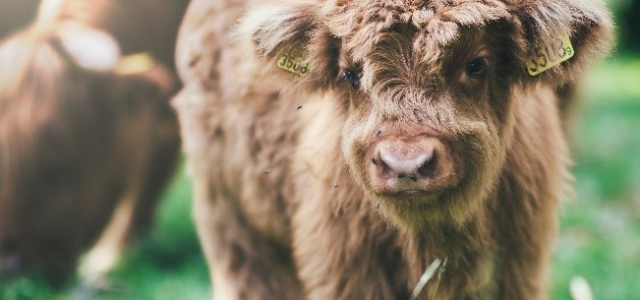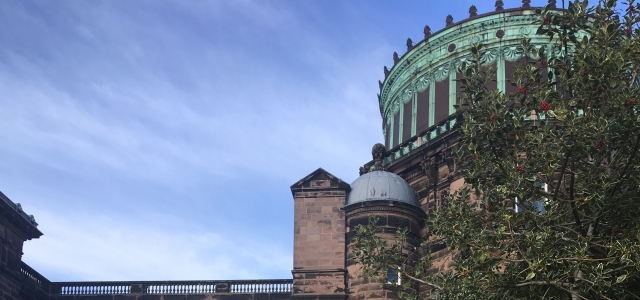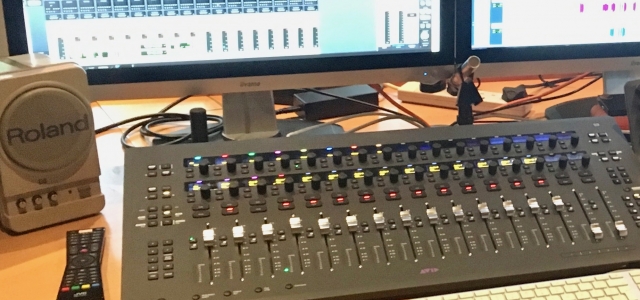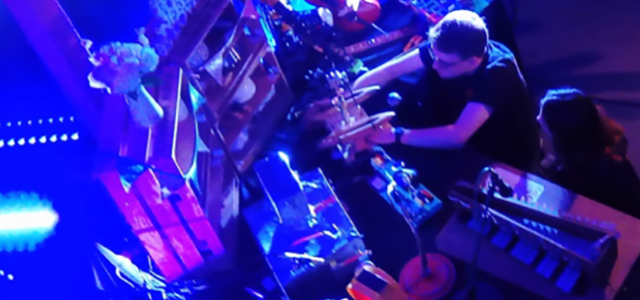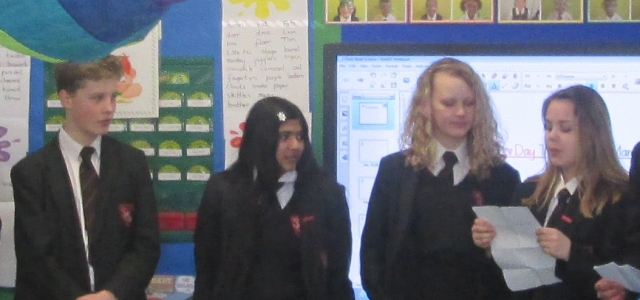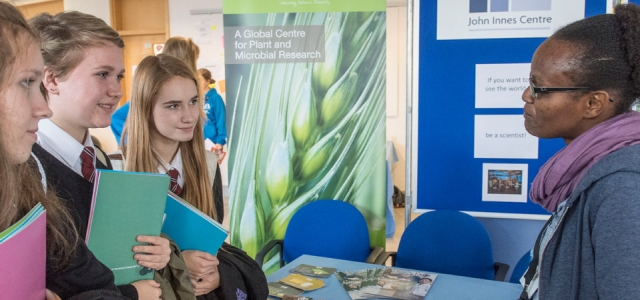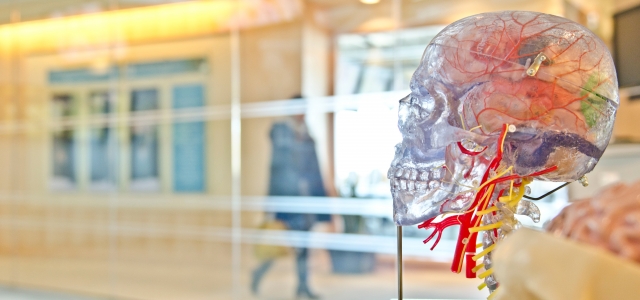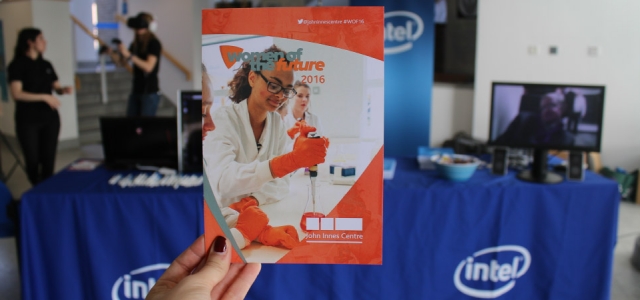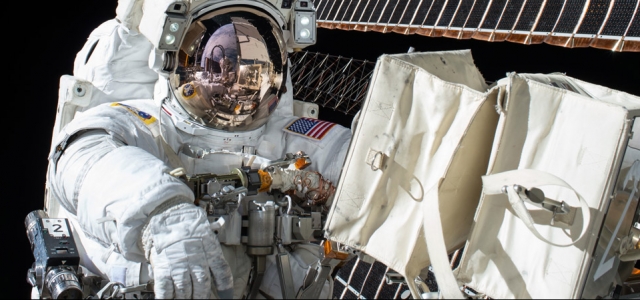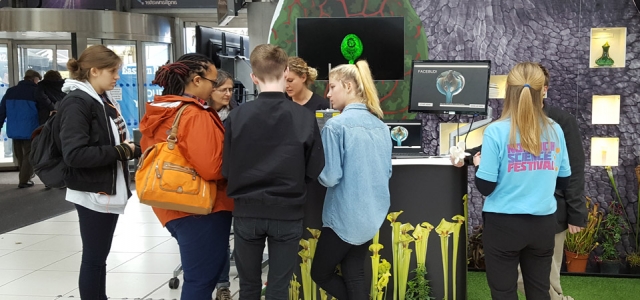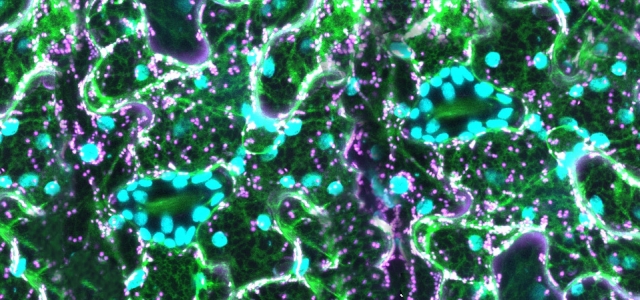After completing my Bronze Youth STEMM Award in summer 2016, I didn’t want to pause my learning for a whole summer holiday before starting college. I was so keen to explore more and more of this amazing scientific world that we live in – I got carried away and ended up exploring science that was out of this world. Literally.
That summer holiday, I signed up for a programme called ‘International Space School Education Trust (ISSET) Mission Discovery’ that was held at King’s College in London. Now, how many sixteen year olds from Norfolk get to spend their summer meeting and working with NASA astronauts, space rocket scientists and NASA leaders? I just had to become a part of this.
The aim of this programme was to design a bio-medical experiment to be launched into space and performed aboard the International Space Station, and the winning teams’ experiments will be built in Houston. Personally, I am really interested in researching how science can benefit our lives, so why not go the extra mile and see how space exploration can too?
During my stay at King’s College I had the amazing opportunity to meet various scientists including: Dr. Julie Keeble who presented her findings on Capsaicin (chemicals that makes chili peppers hot); Dr. A Green who talked about how space environment effects our brains and Dr. James Clark who talked about how our circulatory system alters in space. On top of this, I even met the American NASA astronaut and ISS commander, Michael Foale who spoke about his journey of becoming an astronaut and his adventures in space, including one where it was an intense near-to-death situation fixing the Hubble Telescope. I was really inspired and astounded by these findings and stories as it allowed me to realise that there is more to space than just rockets, planets and doing summersaults in zero-gravity. From a young age, I have always dreamt of working as a research scientist in fantastic organisations such as NASA, and now I am lucky enough to become involved in such extraordinary opportunities such as Mission Discovery, YSA and Women of the Future, I feel I am one step closer to a great future.
My favourite part of Mission Discovery was designing the bio-medical experiment in a team. As this programme was international, I was able to meet so many different people from different countries and cultures. In my team, I had individuals who were from Ireland, Spain, Russia and even Lebanon. It was amazing to meet people of a similar age to me who had an interest in science like myself.
As a team, we decided to research how coral could survive in space as we found out that coral on earth is vital to us as it is highly beneficial as it has many uses in costal defense, medicine and surgery. Seeing how it can respond to the environment in space can help us understand how we can use coral in the future and ways of preserving it and protecting it. We learnt how we could support an ecological system in space and could find out how to prevent the world coral reefs from being destroyed. This astonished me, as never in my life did I even think that coral had so much potential and without science, it wouldn’t even be possible.
Not only did I learn about space science, life and NASA and cutting edge technology, I also gained many skills from this programme such as: presentation skills, team building and leadership.
I would definitely recommend the ISSET Mission Discovery programme to someone who is fascinated in how science can change the world as this inspirational opportunity illustrates that if you are a creative person and have a passion for science, anything is possible.

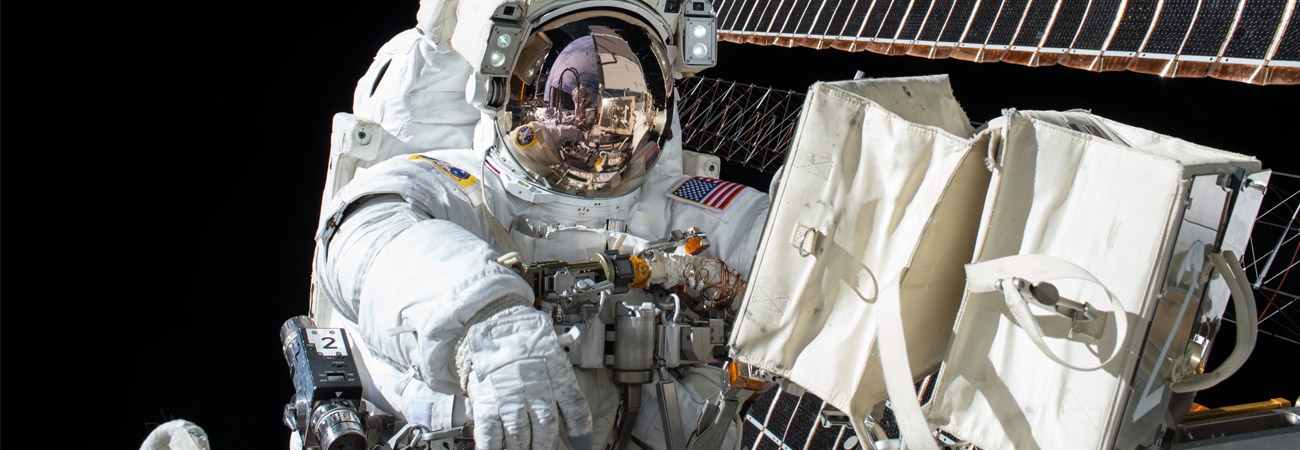
 Faith is a year 12 student at East Norfolk Sixth Form College who is currently working towards her Gold Award. She is most interested in the Science and Medicine STEMM sectors and keen to learn more about research science and biochemistry.
Faith is a year 12 student at East Norfolk Sixth Form College who is currently working towards her Gold Award. She is most interested in the Science and Medicine STEMM sectors and keen to learn more about research science and biochemistry.
